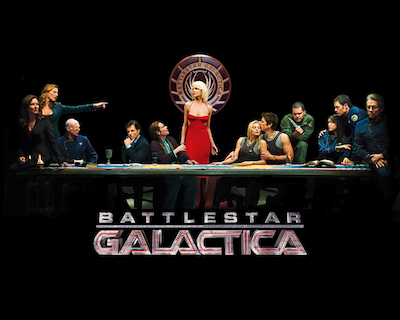James McManus on the importance of understanding poker’s role in American culture:
Humanities professors should recognize that the ways we’ve done battle and business, made art and literature have echoed, and been echoed by, poker’s definitive tactics, as well as its rich lore and history. The long list of questions that students might ponder include: Why would poque, an 18th-century parlor game played by French and Persian aristocrats, take hold and flourish in kingless, democratic America? Why did poque evolve into our national card game, some say our national pastime, instead of piquet or cribbage or whist? How did poker inspire game theory, which in turn has helped our leaders think through every nuclear standoff? How is it useful in research into artificial intelligence? In what ways do its ethos and lingo underscore Stanley’s brutality in A Streetcar Named Desire, or does its honor-among-thieves morality play out in American Buffalo? How much does our love for this game have to do with bluffing and cheating, or with the fact that money is its language, its leverage, its means of keeping score?
American DNA is a notoriously complex recipe for creating a body politic, but two strands in particular have always stood out in high contrast: the risk-averse Puritan work ethic and the entrepreneur’s urge to seize the main chance. Proponents of neither m.o. like to credit the other with anything positive; huggers of the shore tend not to praise explorers, while gamblers remain unimpressed by those who husband savings accounts. Yet blended in much the same way that parents’ genes are in their children, the two ways of operating have made us who we are as a country. . . .
The national card game still combines Puritan values—self-control, diligence, the slow accumulation of savings—with what might be called the open-market cowboy’s desire to get very rich very quickly. The latter is the mind-set of the gold rush, the hedge fund, the lottery ticket of everyday wage-earners. Yet whenever the big-bet cowboy folds a weak hand, he submits to his Puritan side. As Walter Matthau drily put it, poker “exemplifies the worst aspects of capitalism that have made our country so great.”










